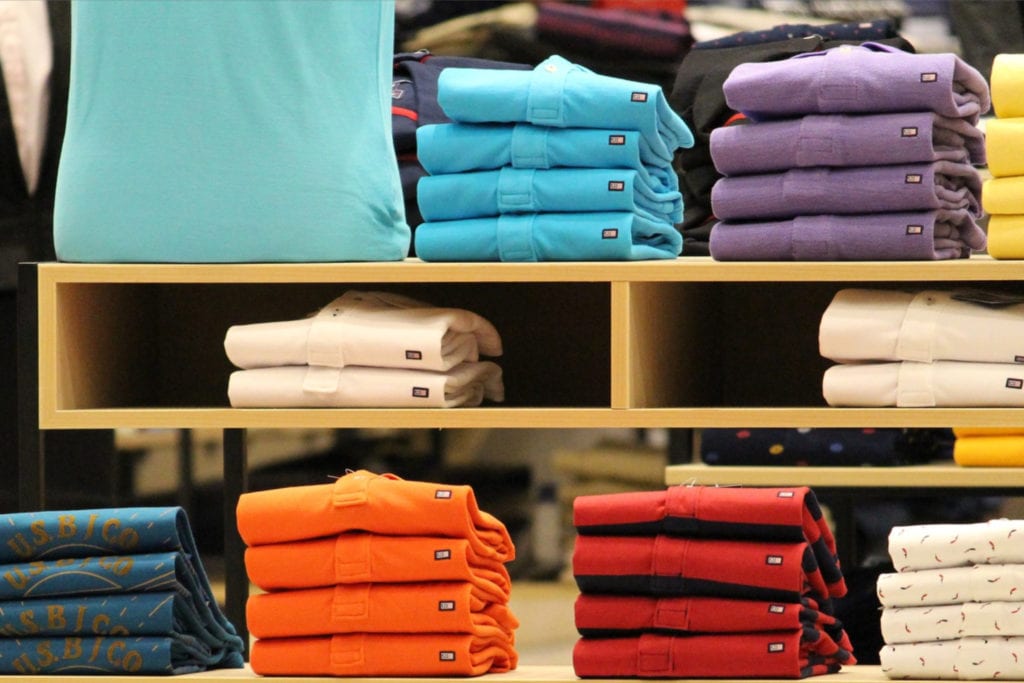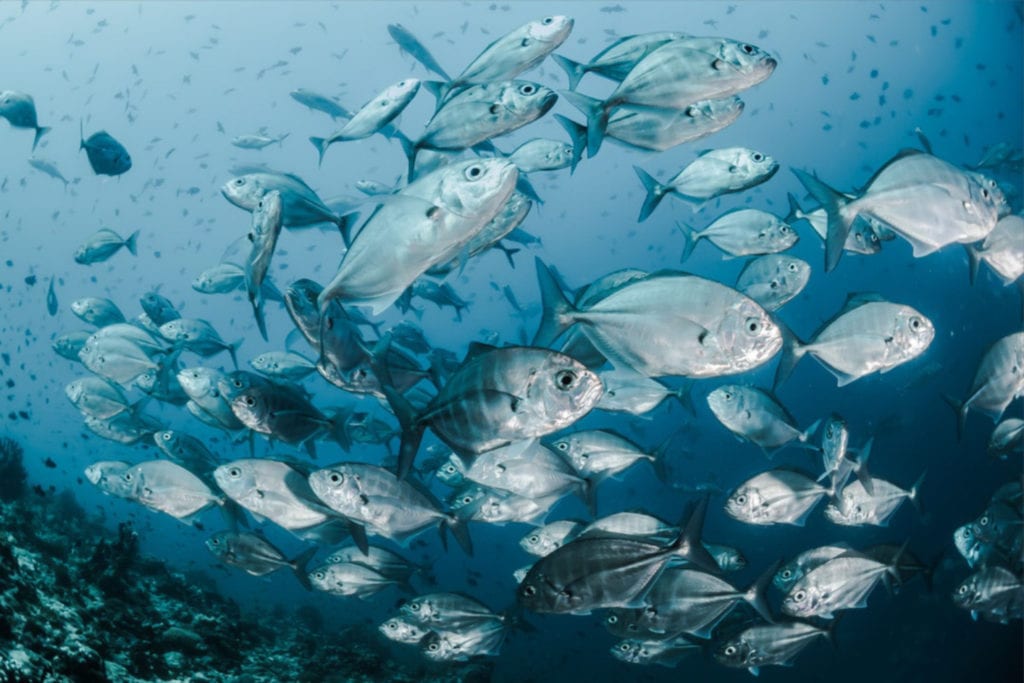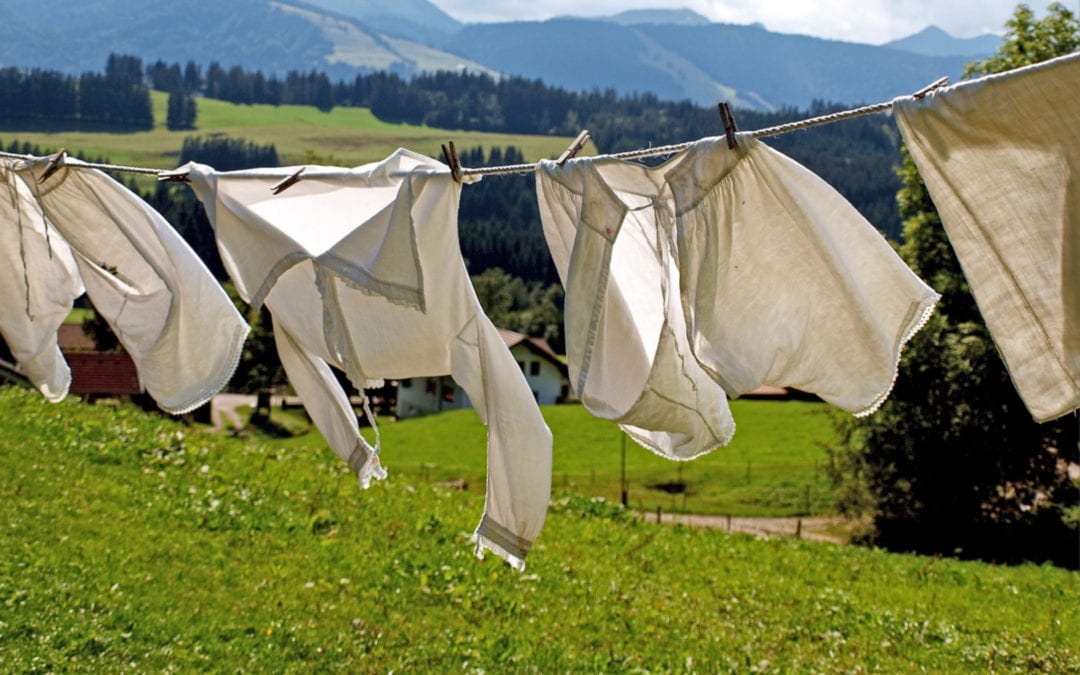What you didn’t know about your clothes and how they are affecting the ecosystems of the ocean.
Your clothes might not be what you think they are. What If I told you that there might be some plastic in the t-shirt that you are wearing right now? Have you ever bought a clothing item that wasn’t 100% cotton, and maybe wondered what the other materials were? In most cases, the answer would actually be plastic.
Cotton is often known as a high-quality material for clothes of all kinds, but it is kind of expensive when compared to cheaper materials such as plastics. For this reason, more and more plastic is making its way into the clothes we wear, day in and day out. What is the problem with that? Whenever we wash clothes that contain plastic fiber, a little bit of it will inevitably end up in the oceans, contributing to the massive worldwide pollution of our sea waters.

Plastic Entering Our Ocean
Ocean pollution is actually having massive effects on a global scale. In particular, it is actually affecting flora and fauna, not only damaging life at the seabeds (plastic often conglomerates and sinks at the bottom of the sea) but also directly hurting creatures in the water.
Plastic fibers from clothing items are usually quite small. This means that when they get into the ocean, they can be eaten by a small sea creature, and enter the food chain. To give you a small example, a shrimp might accidentally eat a floating piece of plastic, mistaking it for food. In turn, a bigger fish might end up eating the shrimp, and another big fish, like a tuna, might end up eating the same fish who ate the shrimp (and probably several others, thus building more plastic poisoning). Later down the line, you might find yourself eating a tuna salad, made from a tuna fish who has had a steady diet of plastic waste. Guess where all of those harmful chemicals from plastic are going? That’s right, directly into your body!
We might think that ocean pollution does not affect our lives in a very direct way, but in reality, it might hit closer to home than we think.

We Can Make A Real Difference
Thankfully, there are actually many things that you can do to help reduce plastic waste. For starters, you have the power to shop more responsible as a consumer. Before you decide to buy a piece of clothing, make sure that it is made with cotton and other organic materials, rather than polymers and plastics, which will end up causing pollution problems in the long run. The next time you’re think about buying a cool t-shirt for a friend’s birthday, consider some nice eco-friendly gifts instead! There are many companies who create trendy and sustainable clothing items out of cotton and many other materials such as bamboo.
Most people think that their daily choices won’t really affect the world, but in reality, each person can make a difference. By offering a positive example, you could educate your family members and your friends to the importance of embracing a more ethical and sustainable lifestyle. This is not only going to improve your own wellness and the quality of your life but also greatly improve the world as a whole. Thankfully, people are becoming more aware of the fact that they do not live in an isolated bubble, and that the impact of their choices as consumers actually matter. For this reason, they are keen to embrace a more positive lifestyle, with a keen eye out for eco-friendliness and globally conscious products, which are ethical and made with a positive, earth-friendly attitude!

